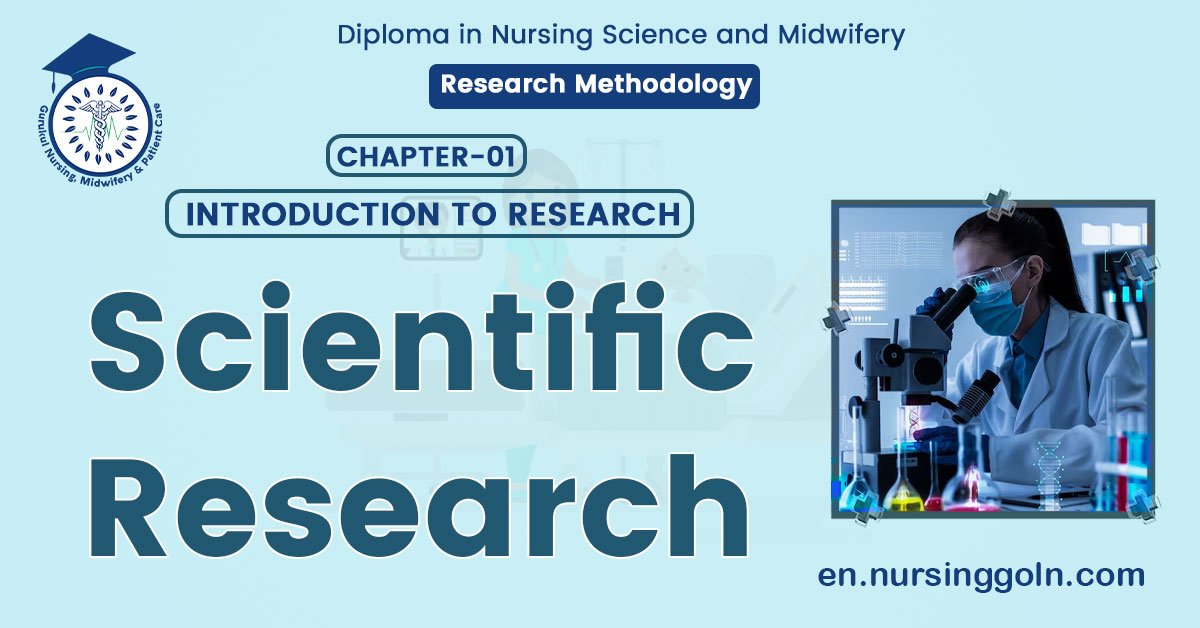Scientific Research – In its most common sense, methodology is the study of research methods. However, the term can also refer to the methods themselves or to the philosophical discussion of associated background assumptions. A method is a structured procedure for bringing about a certain goal, like acquiring knowledge or verifying knowledge claims. This normally involves various steps, like choosing a sample, collecting data from this sample, and interpreting the data. The study of methods concerns a detailed description and analysis of these processes. It includes evaluative aspects by comparing different methods.
In this way, their benefits and drawbacks are evaluated, as well as the research goals for which they may be used. These descriptions and evaluations are predicated on philosophical background assumptions; examples include how to conceptualize the phenomena under study and what constitutes evidence in favor of or against them. In its broadest sense, methodology encompasses the discussion of these more abstract issues.

Scientific Research
Concept of Scientific Research/Scientific Method of Research
Scientific research is the systematic investigation of scientific theories and hypotheses. A hypothesis is a single assertion, a proposed explanation of something based on available knowledge, for something yet to be explained. One that is subject to further experimentation.
Scientific research has two categories: pure scientific research and applied scientific research. The main purpose of pure scientific research is to find an explanation about why certain things happen in the natural world. In contrast, applied scientific research deals with looking for answers to specific questions that help humanity, such as medical research or environmental studies. Applied Scientific research is more focused on testing theories, as opposed to addressing abstract principles, as is the case with pure scientific research.
Purposes of Scientific ‘Research/Method
The main purpose of scientific method is to make conclusive statement by the investigator about their studies with minimum of bias. Scientific method minimizes the influence of personal and based opinion and therefore the findings are expected to be used by all the members of the scientific community. It is the only way to increase the general body of knowledge and to eliminate biased opinions.
(Ref by- Nirmala V/Research Methodology in Nursing/1″/2)

Characteristics of Scientific Research
- Measureable answers to the question.
- It permits and demands objectivity.
- It refers to concrete human experiences, so that verification is possible
- It is universally applicable.
- It is possible to predict the phenomenon with sufficient accuracy.
- It provides reliable information.
- The measurements are quantifiable, precise and relative.
- It is organized and systematic.
- It explains board category of phenomenon and is oriented to the theory.
(Ref by- Nirmala V/Research Methodology in Nursing/11/3)
Characteristics of Nurse Researcher
| Intellectual curiosity/interest: | The nurse researcher undertake inquiry and serious thinking about situations and problems affecting nurse and nursing. |
| Creative thinking: | Coupled with the ability to go beyond what already exist and develop various ways of doing things. |
| Critical thinking: | Clinical expertise and a working knowledge of scientific problem-solving technique help to great extend in formalizing the study. |
| Ability to relate their study to know theory: | Through scholarly thinking and articulate this is precise and organized mariner. |
| Intellectual honesty: | Researchers are honest in collecting, analyzing and reporting of data |
